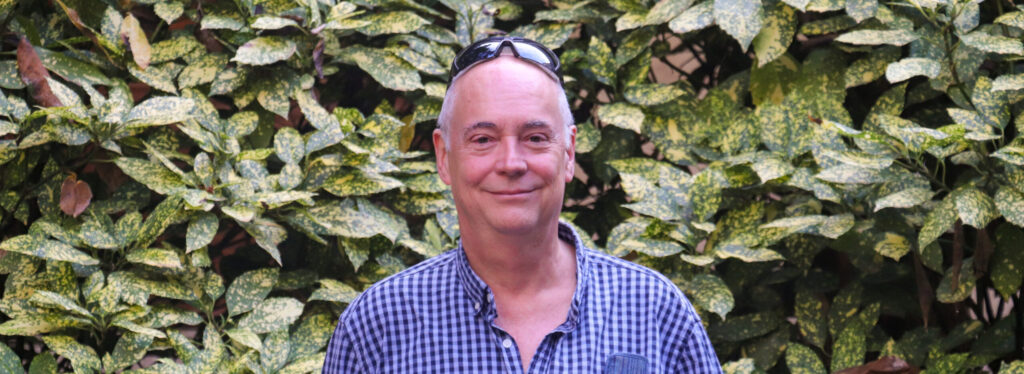George Curry : Aligner les processus d’innovation sur les moyens de subsistance et les priorités socioculturelles
Le séminaire sera en anglais dans les locaux d’Innovation, l’unité de recherche accueillant George Curry. Ce séminaire du 9 janvier aura pour titre : « Aligning innovation processes with livelihood and socio-cultural priorities: towards an understanding of the socio-cultural and economic factors that influence innovation adoption in farming households in Papua New Guinea« .

The low rate of technology adoption has long been recognised as a key constraint on improving productivity, income and yields in farming, particularly in developing countries where market-based systems of production are not well developed. While there is now a vast literature on the factors associated with innovation and technology adoption, most of this literature reports on correlations between propensity to adopt and household socio-demographic and economic characteristics such as age of household head, educational level, farm size and financial and capital assets. Much less studied is the role of socio-cultural factors and non-market values in adoption and innovation, that remain very much a black box in this field of research. In this presentation, I will begin to open the black box to begin a preliminary investigation of adoption and innovation along several socio-cultural and economic dimensions such as intra-household relations; tensions between modern and traditional farming practices in how labour is mobilised and remunerated; land access and tenure; and the indigenous socio-economic and cultural values underpinning production, consumption and distribution. This is not to deny the very real barriers to adoption and innovation posed by technical, financial and educational/knowledge constraints, but to highlight the value of investigating the less well understood factors of indigenous values, habits, and socio-cultural institutions that can influence social innovation and technology adoption.